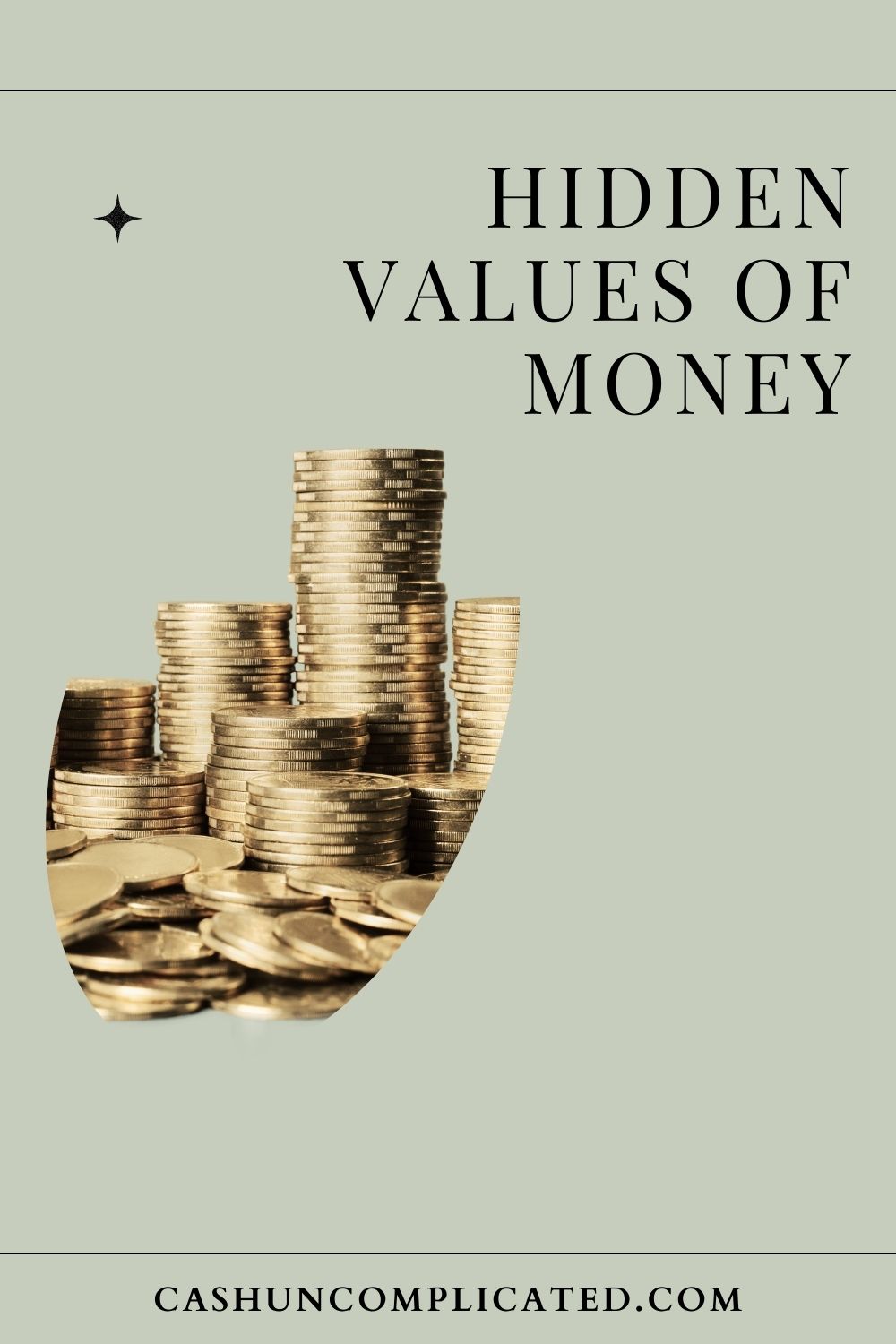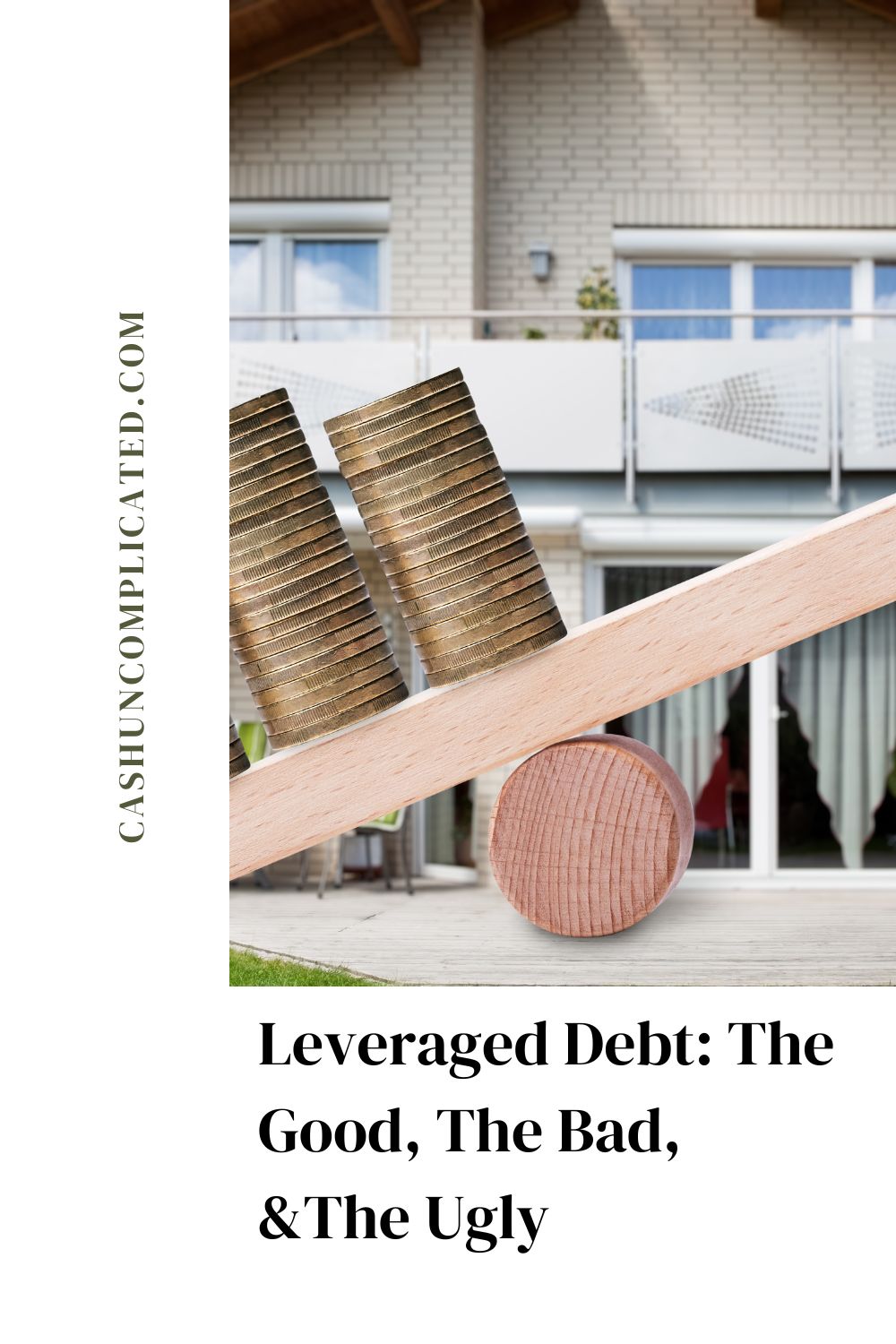To begin this post on the 80/20 principle and money, I’ll give an example.
If I went to the store and saw oranges for three dollars a pound, I wouldn’t buy them. Oranges are normally around a dollar per pound and two dollars more per pound would probably shock my system. I might even drive to another store across town to find oranges at the price I’m used to.
We all have our limits like this. Oranges are just an example, but the same thing would go for bread, vegetables, and other common foods. If I saw a loaf of bread for ten dollars I wouldn’t buy that either. I think most people would probably say the same.
Now consider this. Most people wouldn’t think twice about doing any of the following:
- Finance a vehicle and pay $100 or more per month in interest
- Only get one estimate for a $3,500 project at their house
- Routinely go to the mechanic closest to their house without getting additional estimates for expensive repairs
Our Limits
So why would we balk at paying two dollars more a pound for oranges or broccoli but have no problem potentially handing over hundreds of extra dollars to a contractor or mechanic because we only got one estimate? Somehow we’ve told ourselves it’s okay to pay a certain amount for some things, but not others.
We get caught up in life and lose track of the most important things. Even the best of us get trapped in the small details. I’ve heard it called “majoring in the minors”, and I think that’s a fitting description.
I’m not saying we should all go pay two dollars more per pound for fruit and vegetables. I actually think we need to create systems and processes to pay the lowest prices at the store, something I devote a chapter to in my book Cash Uncomplicated. I’m just an example about the way we think about some things, and not others.
Focus on the Big Things
I’ve written about the importance of focusing on the details in previous posts like You Have To Do The Little Things. While I believe that small details are important because they often impact other areas of our life, extra attention should be paid to the most impactful things.
It falls back to the 80/20 Rule, also known as the Pareto Principle. The rule basically states that 80 percent of outcomes come from 20 percent of efforts. Some examples:
- 80 percent of an individual’s wealth comes from 20 percent of their investments
- 80 percent of a company’s revenue comes from 20 percent of its products
- 80 percent of someone’s productivity is generated by 20 percent of their efforts
An Example of the 80/20 Principle and Money
For example, imagine your home has a major plumbing issue. The first estimate is $8,900. You like the plumber that provided the estimate and he can begin the work in two days—quickly solving a big stressor in your life. Many people in this scenario would agree to the work and pay the $8,900.
That is a whole lot of money though. Isn’t it worth the time and effort to get at least one other estimate, maybe two? Imagine that one person hires the plumber for $8,900. The work gets done and it’s done well. There are no follow up issues or leaks.
Another person gets two more estimates over the next couple days. Those estimates are $5,200 and $5,400. This person likes all three plumbers and would be comfortable with any of them doing the work on the house. However, two of the estimates are substantially lower than the first estimate. Is it possible that all three plumbers are good, but one plumber just charges a lot more?
Possible Reasons
Maybe the more expensive plumber charges more because they can start the work earlier, or already has all the needed parts. Whatever the reason, they are charging more. If all three plumbers have great reviews online, explain the job in detail, and present very professionally—why not go with the more moderately priced option?
Of course it’s never smart to just go with the lowest bid because it’s the lowest. However, if multiple options are considered, and all other things being equal, I don’t see a reason not to go with a lower price.
With this plumbing issue, the first person obtained only one bid and paid $8,900 for plumbing work. The second person took the time to research a little more and get a couple more bids. That person paid $5,200 which is a $3,700 difference. That’s a really big price difference for the same quality work.
How much extra time does it really take to do a little more research and acquire a couple more bids? Probably not much. At most, an additional 20-40 minutes to research a few different companies. Maybe 10-20 minutes to reach out to those companies to acquire a bid, and 30-45 minutes to let the plumber in and talk with them.
All in all, that’s somewhere in the neighborhood of 60-105 extra minutes spent to save $3,700. Less than two hours, maybe even an hour. That’s a really high return on time investment, $35-$62 per minute to be exact.
This falls in line with the 80/20 Rule. Not a lot of time or effort was put into the activity of getting multiple plumbing bids, but it produced a very high amount of money saved. The money saved from the simple activity of getting multiple bids will save more money for the family this month than any other activity.
A New Paradigm
The next logical question is how can we apply the 80/20 Principle to our financial lives? It’s confusing because many of the financial experts tell us to save money by making our own lunch, cooking more at home, making our own coffee, etc. Like many of the experts telling us these things, I also believe we should do all of these things to save money. This seems contradictory to the 80/20 Rule.
Here’s the differentiation. I don’t look at any of these money saving activities like making our own lunch as one single act. I look it as a lifestyle choice, or an overall philosophy. So it’s not necessarily the single act of making our own coffee or own lunch that saves us the money, it’s the choice to regularly implement this practice. A big and impactful lifestyle choice requiring the small daily action of making our own lunch.
To provide a further framework, saving ten dollars by bringing your own lunch is one single act. Making the choice to bring your own lunch four out of five days every month is the lifestyle change that falls within the 80/20 Rule. To use even numbers, if lunch costs 10 dollars more per day to order out than make, then bringing our own lunch four days a week saves 40 dollars. Repeating this activity weekly saves 160 dollars per month.
The choice (and follow through) to make our own lunch four days a week is what is what is saving us 160 dollars a month. Lifestyle choices like this are what will ultimately save us the most money, not isolated efforts here and there. That choice falls under the 20 percent of efforts that will provide us with 80 percent of the results.
On the other hand, an isolated instance in which someone decides to make their own lunch will only save 10 dollars. It’s nice to save ten dollars now and then, but it won’t move the needle much on anyone’s financial picture. That isolated choice would fall under the other 80 percent of efforts producing only 20 percent of results. Nice to have, but not the big difference maker.
Why Don’t We Focus on the 20 Percent?
If 20 percent of our efforts account for 80 percent of our results, why don’t we focus more on the things that generate the most results? That’s a great question. Continuing to use the same examples, let’s dive in deeper.
Why would someone (myself included) refuse to buy oranges for three dollars per pound but potentially pay thousands more in plumbing costs due to not getting more than one bid? It’s conceivable that someone could spend nearly as much time driving across town to a couple different stores to find better prices on oranges than someone getting multiple bids on a major plumbing project. Reading this, of course that doesn’t make sense, but we’ve all done something similar. Here are a few reasons why I think this happens.
Lack of Awareness
It might just come down to a lack of awareness. We may not even realize we’re spending a disproportionate amount of time on less important things. It’s easy to get caught up in day to day life and get caught up in the small details of life, neglecting the big things.
Comfort Zone
We all have our comfort zone. It’s familiar and comfortable for someone to identify that oranges or another product are more expensive than normal. It doesn’t really require any extra work for the average person to tell you that oranges should not be three dollars per pound. It’s not so comfortable for someone to identify that a plumbing project should cost $3,000 less than the original bid.
Area of Expertise
Similar to the reason above—if it’s not in our area of expertise, we often don’t want to deal with it. The average cost of items at the grocery store are well within most people’s area of expertise. Big house repair issues and car repairs are not.
Most people go to the grocery store semi-regularly, or at least have groceries delivered to their home. A car breaking down and needing an expensive part, or a pipe breaking under the house are not regular occurrences. Because they don’t occur regularly (fortunately), we don’t have the practice and the subsequent expertise to handle them.
Feels Heavy and Stressful
The unknown feels heavy and stressful. It’s not a good feeling to be told about a $3,000 car repair, $4,200 electrical issue, or $8,000 plumbing fix. It’s a shock to the system to learn about these kinds of issues and our first reaction is just to get it over with. So when an “expert” in the industry offers a viable solution, it’s easy to take the first offer to come along so that we can end the stress.
Built-In Ideas
We all have our built-in ideas and preconceived notions about how much things should cost or how we should handle them. This is based on experience how much things cost at stores so it’s within our level of competency. We may think we know how much a major repair should cost, but unless we do research, but we really don’t.
When the first bid for a major repair matches our built-in expectations or ideas, it’s easy to go with the first offer and never look back. It makes sense and takes away the stress so people have a way of moving on.
Bonus: How to Handle It
Ok, we’ve identified some of the reasons people are willing to pay so much more for large items, but what do we do about it? Recognition is the first step, so if you’re still reading this post (thank you), you’re off to a great start. Once we’re aware that a large repair is out of our comfort zone and area of expertise we can take action to combat that challenge.
Understand things may feel a little stressful, but we all have the tools to handle that. Slow down and take the time to do a little research. Look at the repair online and try to get an average cost. You’ll start to get a feel for what the repair should cost. It’s amazing how quickly we can acquire a basic knowledge with just a little research.
Once we have a basic understanding, acquire a couple more estimates. Listen to what each repairperson has to say and ask questions. These conversations combined with the research done online will give you a solid grasp of what something should cost.
This whole process of acquiring a little information online and then talking with a few providers shouldn’t take more than an hour or two. From there, make your decision, know that you did the proper amount of research, and move forward knowing you did your due diligence. Repeat this process each time there’s an unfamiliar repair and you’ll likely save thousands of dollars with just a little effort.
Are you good at focusing on the big things or do you sometimes get caught up in the small things?











